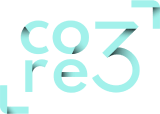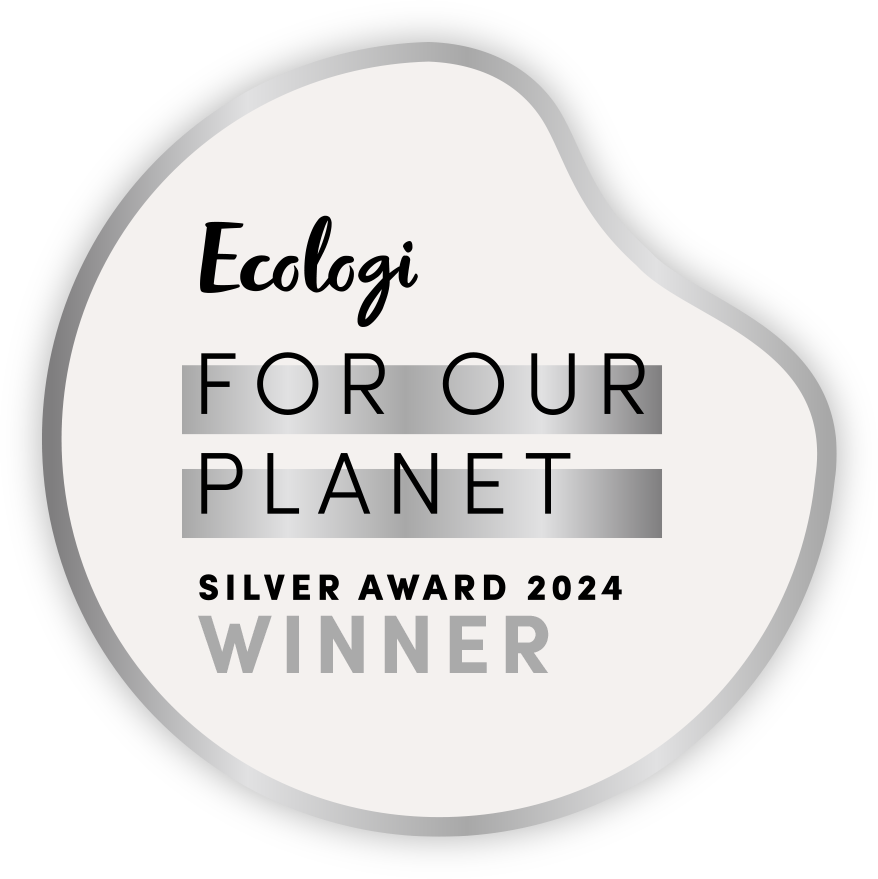Recently, we were privileged to have Dan Wood, Chief People Officer for UWE, on our podcast, as we are proud providers of finance recruitment for the West of England! It was particularly exciting to chat with Dan as he has always been a public servant who has found his work to be a channel through which he has found purpose. We love to discuss the subject of purpose and how we can find it at work.
Dan learnt early on in his career that achieving anything in an organisation must happen through people and that providing an environment where people are happy to work together to solve the problems of the organisation (or those of the world) is an art in itself. Dan talked with us about some of the challenges he has surmounted over the years.
Before he began to work for UWE, Dan was Chief Officer for People and Organisational Development at Avon and Somerset Police for 8 years, was also a commissioner for the Scouts, and has held various other posts in charities, all of which roles have been “people-centric”.
The fact that Dan is working at a University at all is ironic as, growing up, he had never considered that university could be a place for him. He saw universities as aloof, remote environments, which were in essence elitist and not inclusive enough to cater for him. His school teachers did not see him as a candidate for academic study as he didn’t find formal education suited to his learning style. However, he loved English and was a late bloomer. Although his teachers said that he would never pass an English exam and shouldn’t return to 6th Form, he went on to Further Education College passed A Level exams, including English, and then ended up at Oxford Brookes, the first in his family to try higher education.
As a lover of language and its practical application, Dan studied publishing and learnt how to edit manuscripts, and all about digital and print-based publishing. After he graduated, he worked for a while editing and discovered that he found it quite boring compared to working with people, which he much preferred. He decided to study again, this time in leadership and management for teachers at Exeter University. Unfortunately, this was cut short due to illness in his family and he returned to Bristol to help out.
Once back home, Dan worked in a variety of temping assignments across Bristol, starting as a PA (his Mum had had the forethought to teach him how to touch type, many years previously). He ended up with an assignment at Skills for Health, a rapidly growing organisation where he went from temping to joining their marketing dept. Dan threw his energies into working to promote their services and commercialise their operations selling their products into the health sector. They had to change their operations to sell services to health sector employers and the NHS rather than large government-funded block grants. From Skills for Health, he continued to Policing and then to The University of the West of England, all the while continuing with non-executive Board and volunteer leadership roles in the Scouts and latterly at the National Fire Chief’s Council.
It was no coincidence that every role that Dan took on focussed on serving people and making their world a better place.
When he was a young boy, Dan had taken the Scouts Promise! He had had a wonderful time in the scouts, throwing himself into the world of doing your best, helping others and essentially being a good human. The promise that he had made to do his best had stuck with him and now it runs through him like a stick of rock!
Challenge 1. Change management
Dan found that people-centric roles involve a high degree of change management.
Dan’s expertise in change management began to grow at Skills for Health as it was a rapidly growing organisation. They had to commercialise out of the public sector – operating differently by really understanding the product, knowing how to put it on the market, changing the workforce and organising themselves differently. The key factor in all the change that Dan experienced was that whatever and however big the change was and whatever its purpose was, always at its centre lay the people. It was all about getting people through that journey of change in such a way that they still felt inspired and motivated.
At Avon and Somerset Police Dan sought to approach his work always from the perspective of the end user, whether that was the person doing the work (the police officer or staff member) or the person receiving the service. Now, with change management, Dan advises people to start with the outcome in mind, from a user perspective and then work back from there. Start with people and only then look at processes, tech and data. The “people” aspects of the change need to be considered first.
Dan learnt over the years that leaders need to listen and share the challenges that the whole team is presented with. Perhaps an organisation has to adapt to a predetermined driver (e.g. financial constraints), however, the way the change is handled can be chosen. “Here is our reality – how do we best adapt to it?”
Challenge 2. Putting people at the forefront of all decision-making.
In larger organisations, it can be more of a challenge to provide a safe space where people feel safe to speak their minds. Focus group conversations, polls and surveys all help to create an environment where leadership are listening and connecting with those on the shop floor. As Dan sees it, the bottom line is that people should be able to talk to leadership about their struggles. Even if those struggles relate to poor leadership!! You can then work with people to create better outcomes and move into a learning space.
If you show that you are not perfect it opens the floor for others to be vulnerable and honest too. From a wellbeing point of view, it’s good to open up. As leaders, there are many challenges and it is important to be resilient but also to demonstrate your humanity with others as they will feel safe to do the same.
Challenge 3. Looking after a budget and looking after people at the same time.
“If you can’t get the finances to work, you don’t have an organisation, and if you can’t get the people to work you don’t have an organisation either!”
As Dan sees it, the C Suite need to look after both of these areas with the CFO and the CPO bringing their respective professional backgrounds together to work as a team, respecting each others’ perspectives and having a synergy that helps the organisation to thrive. The CFOs bring the financial perspective into the people world and the CPO brings the people perspective into the finance world. You have to stand in each others’ shoes a little bit and respect each other’s professional experience.
In larger organisations such as UWE (4,000 employees and 37,000 students), opportunities must be actively sought to bring people together to build problem-solving teams. Delivering value can be achieved through multi-disciplinary teams having a shared goal that everyone is clear on. When multiple perspectives are brought together cohesively with a clear goal and work through an agreed plan together, problems start getting solved!
• work out the goal
• work out ground rules on how it will be delivered
• work on the plan together.
Challenge 4. Building a healthy work culture
Openness, integrity and transparency are key to a healthy culture. If people’s actions match their words people feel safer, as when leaders keep their promises. Another important tenet of a healthy work culture is that difference is respected and valued. Cultures that thrive are those that embrace people’s differences. Creating a diverse and inclusive organisation should result in high performance. Cultures also need to have the willingness and propensity to talk about difficult things. In any organisation, particularly in public services, things aren’t always rosy! Topics such as racism can be difficult to discuss as many are scared to talk about it. However, when you stop denying a problem and admit that it exists you are halfway to sorting it out! There needs to be a mechanism to deal with these kinds of issues as well as honesty to admit that they exist. One of the first jobs of a leader is to accept the reality as it is rather than as you’d like it to be and then make a decision to change it.
In building a healthy culture, organisations can become collaborative spaces where you bring the best of the best together to solve real-world challenges. A lot of social, political and environmental challenges are hugely complex and can’t be solved by single actors or agencies working on their own but universities, for instance, can be incubators for real change! Universities create new knowledge, generate enterprise and create the workforce of tomorrow. UWE is a great example of an organisation that has contributed to many things that the whole community is enjoying. By bringing people together to find solutions to complex challenges, innovative, exciting and inspirational endeavours have made a real practical difference.
Dan sees the university of the future being one that embraces difference and invites the communities in to make a space that we all own, finding new ways to solve problems in the world! We love this outlook as we have tried to leverage our role as providers of finance recruitment in the West of England to deliver value to the whole community in the area.
There are lots of routes into UWE to achieve this. Businesses can partner with the university or start-ups can receive help in the form of development plans or the business lab. There is a robotics unit, a law school and many, many ways for employers to engage with these and other departments. Dan would love to see more businesses reach out and partner with UWE in the months to come.
If you are looking for a reliable finance recruitment company in the West of England and you are interested in partnering with Core3 to bring change and solutions to the challenges that people in our area face (at no extra expense to your company) we’d love to hear from you too!





